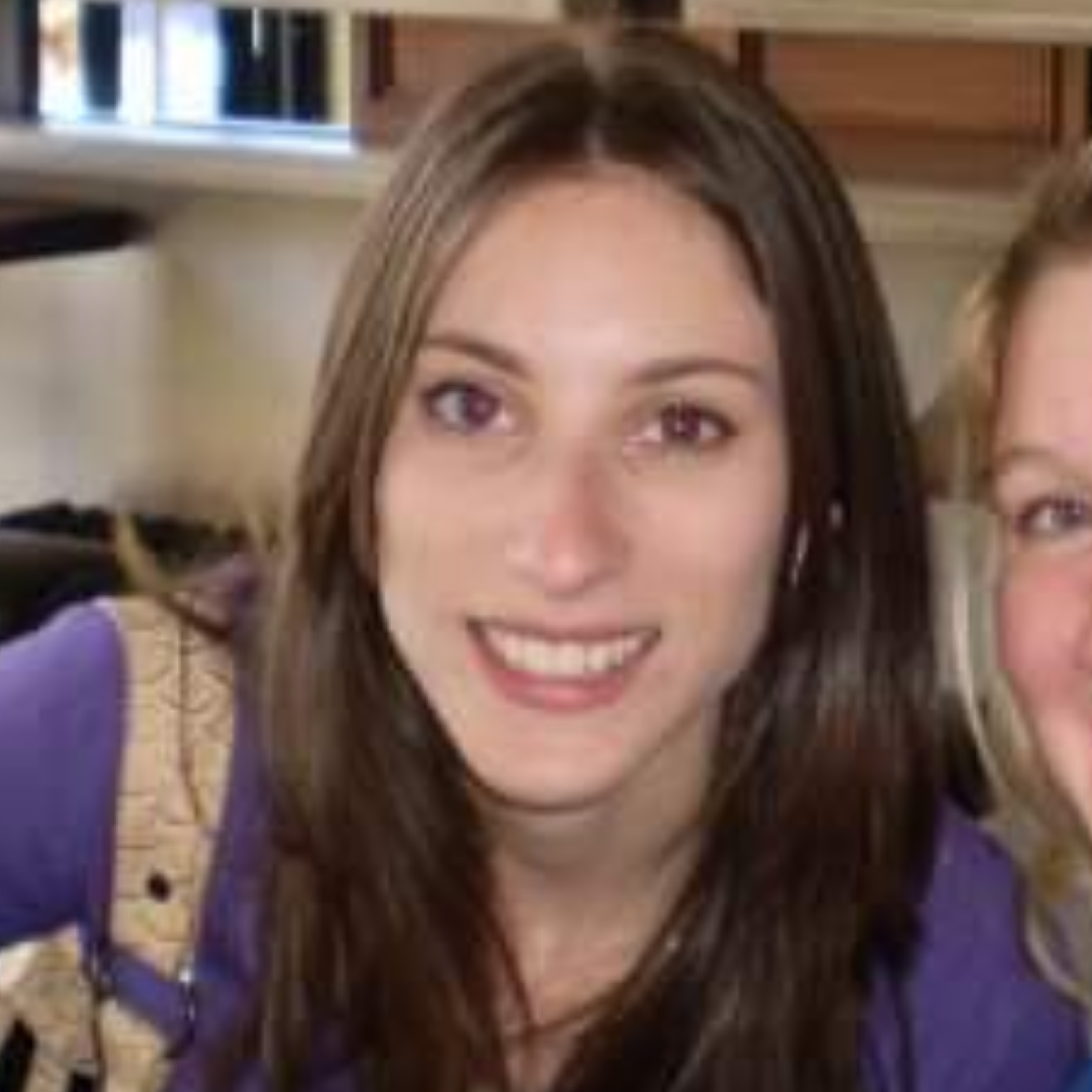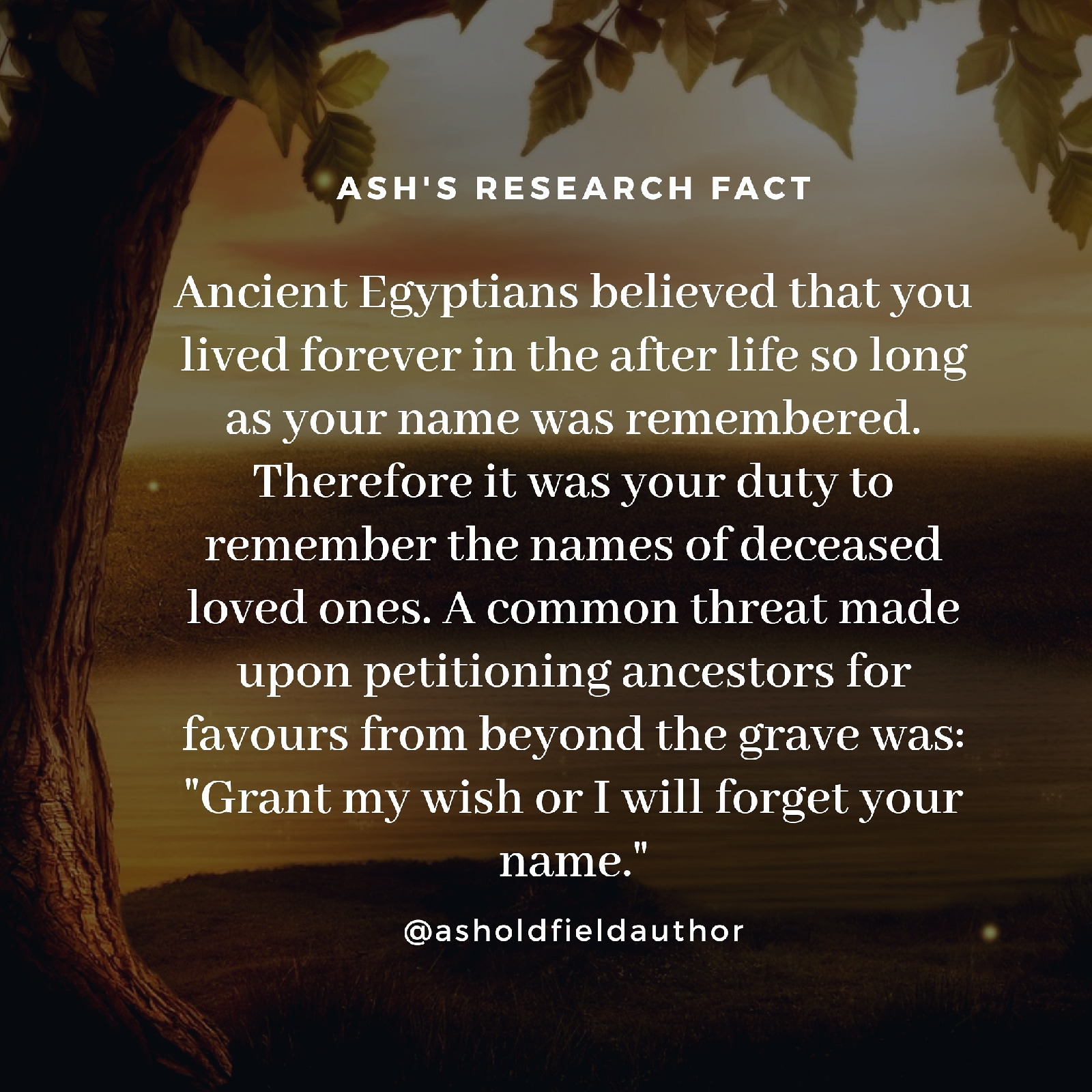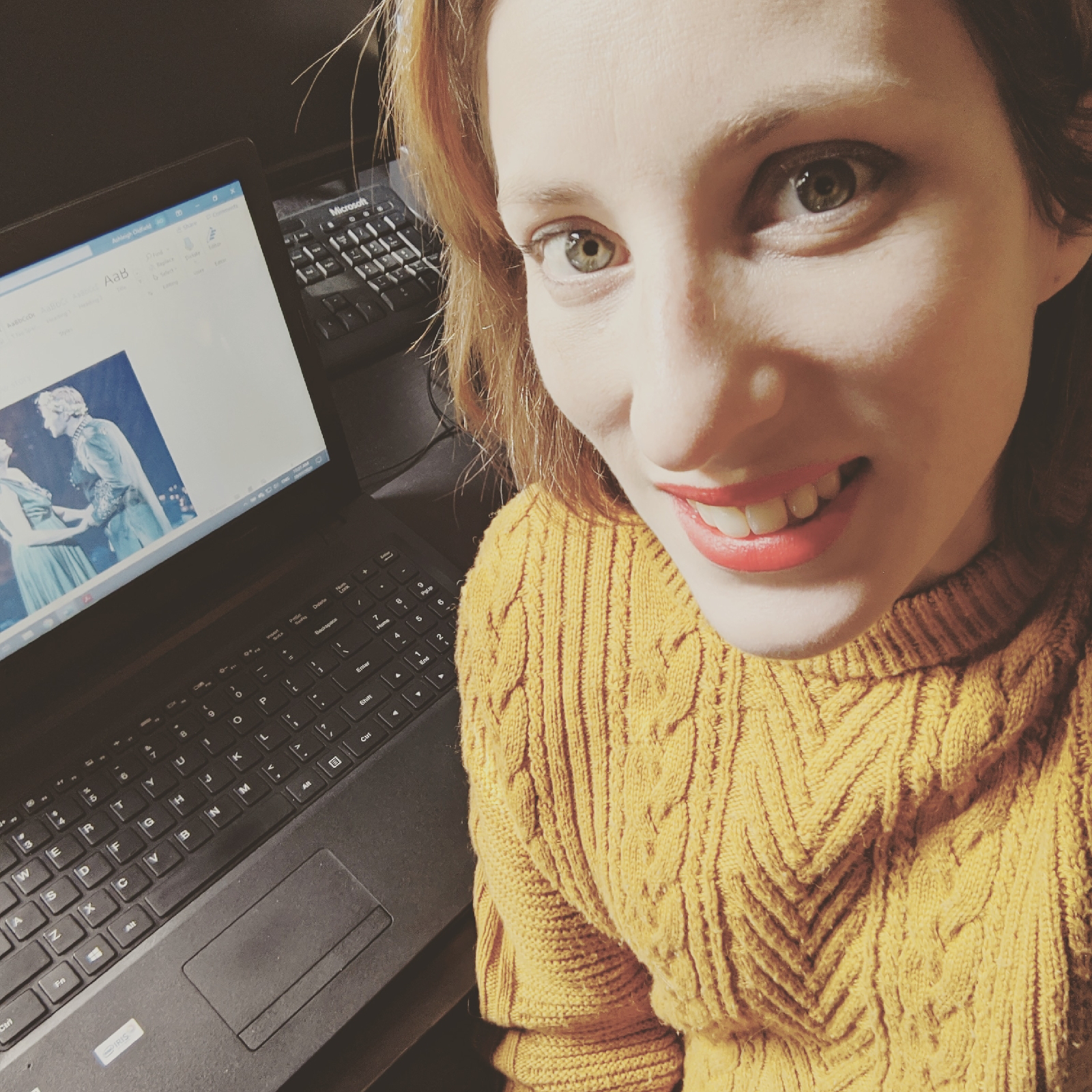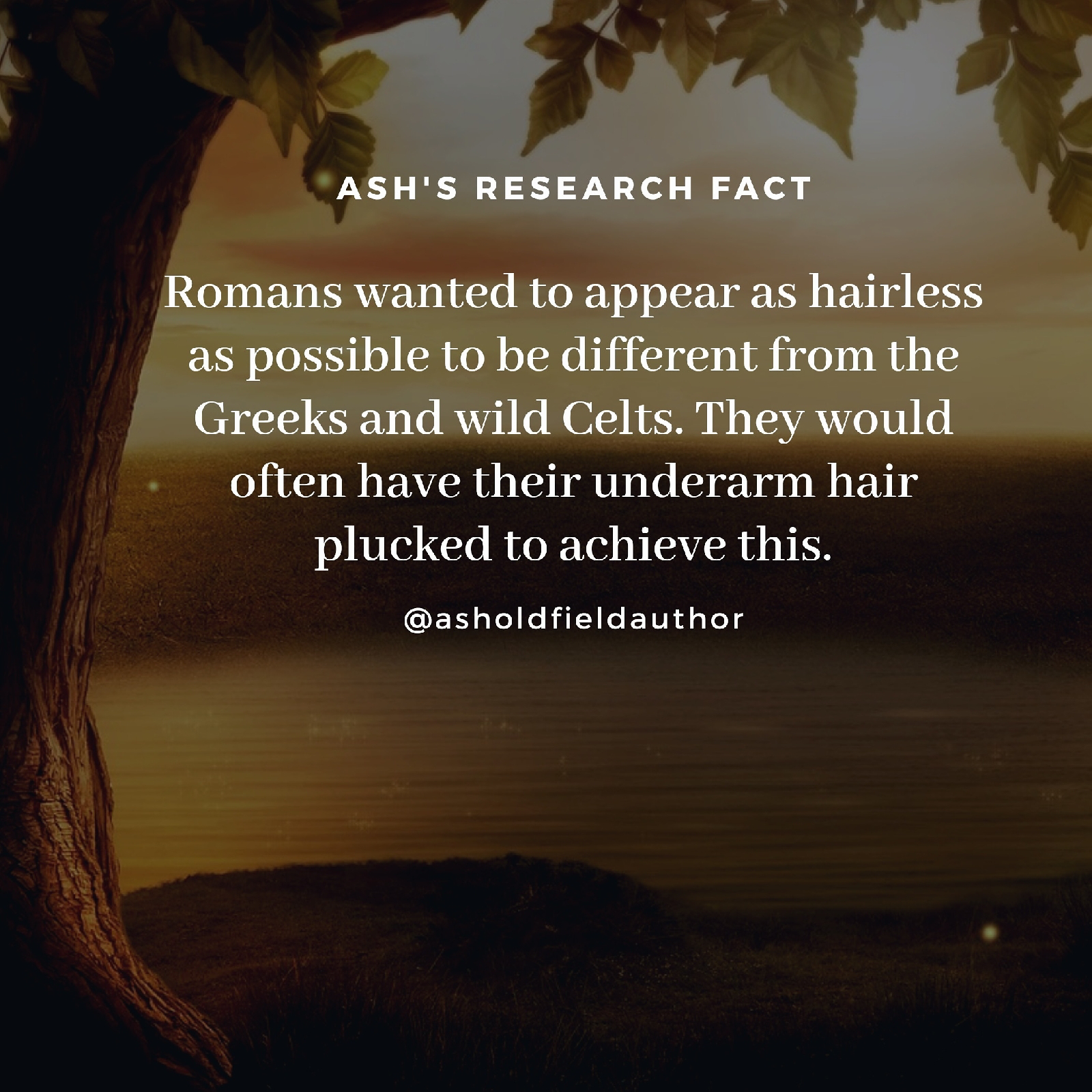Posts
Showing posts from 2020
Must Have Items When Writing On The Go
- Get link
- X
- Other Apps
The 5 Things That Surprised Me The Most About Becoming A Writer
- Get link
- X
- Other Apps
Opinion Piece: Is Negative Culture the Real Reason Teachers Are Leaving the Profession?
- Get link
- X
- Other Apps
My First 3 Steps When Creating a New Character
- Get link
- X
- Other Apps
In The Company of Madness, by R.B.R. Verhagen
- Get link
- X
- Other Apps











